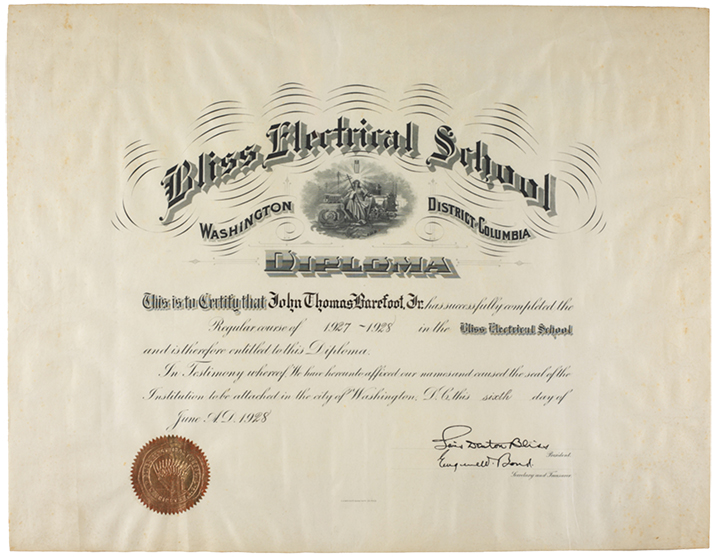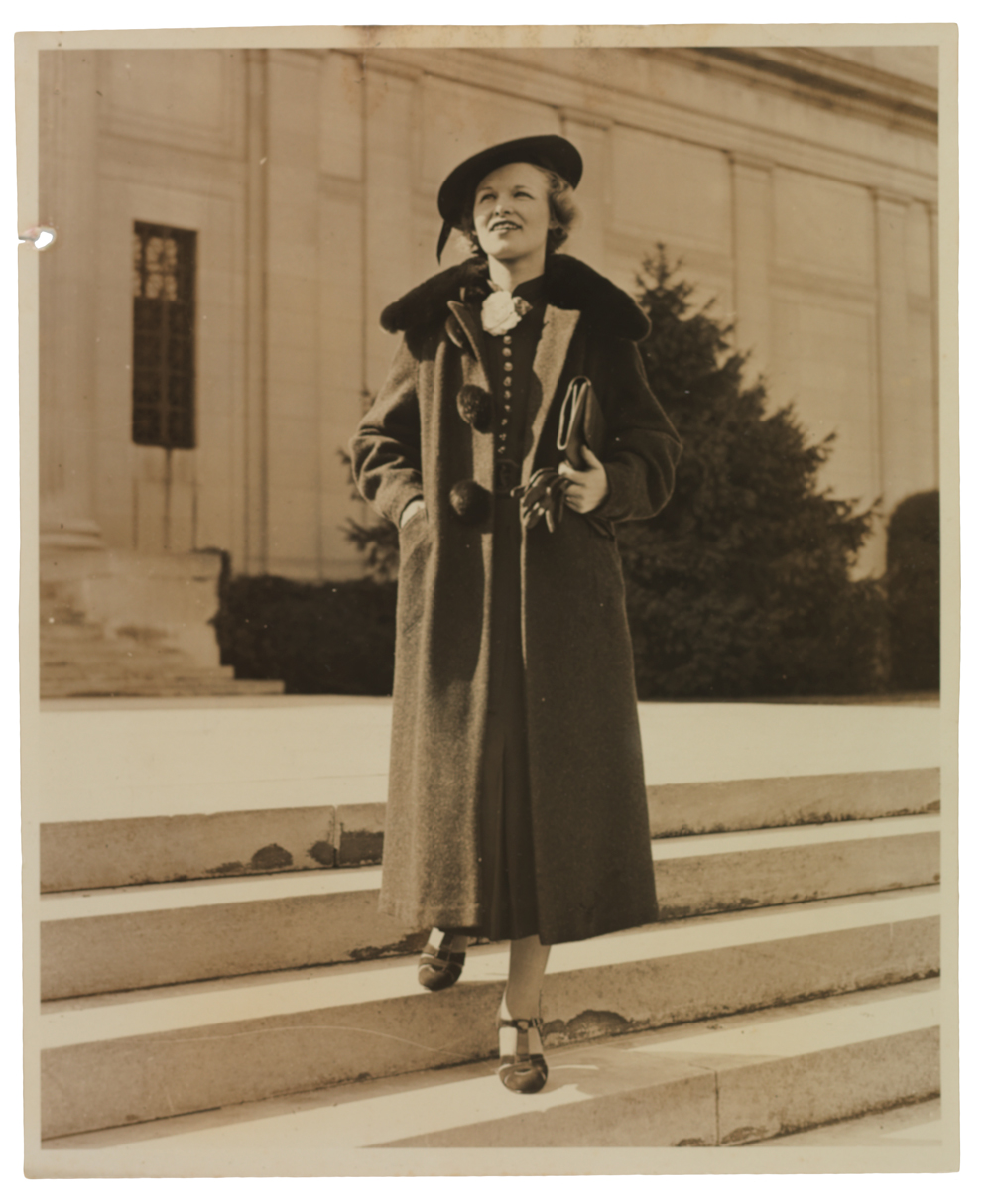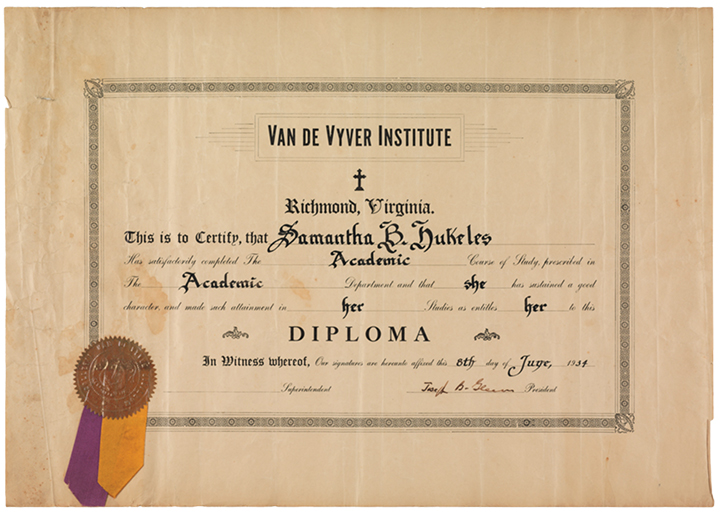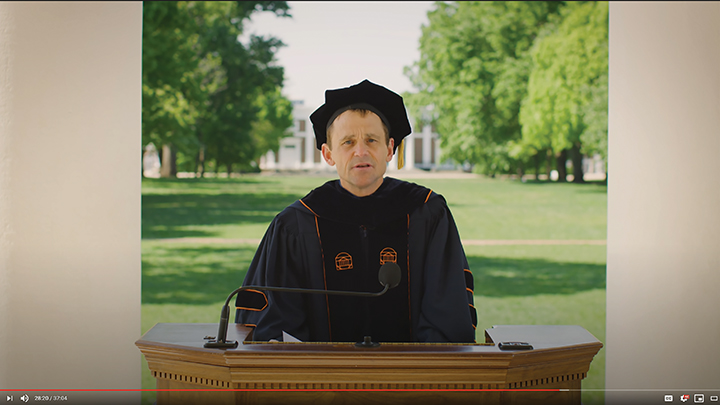In May of each year, society has trained us to consider commencement exercises, usually in predictable ways. Lazy advertisers trot out “Pomp and Circumstance,” and caps and gowns; grads receive Hallmark cards with hackneyed advice about the thrill of “beginning your life.”
Has it always been thus? Did Socrates host a predictable shindig, way back in the day, for Plato? We’ll leave the Greeks for the classicists, but commencement exercises have a long history in North America. In Virginia, the College of William and Mary notes that the school held its first graduation ceremony in 1700. The historian John Oldmixon (1673–1742) described the scene:
“Several planters came thither in their Coaches, several in Sloops from New-York Pennsylvania, and Maryland. It being a new thing in America to hear Graduates perform their Academical Exercises, the Indians themselves had the Curiousity to come to Williamsburgh on this Occasion, and the whole Country rejoiced as if they had some Relish of Learning.”





